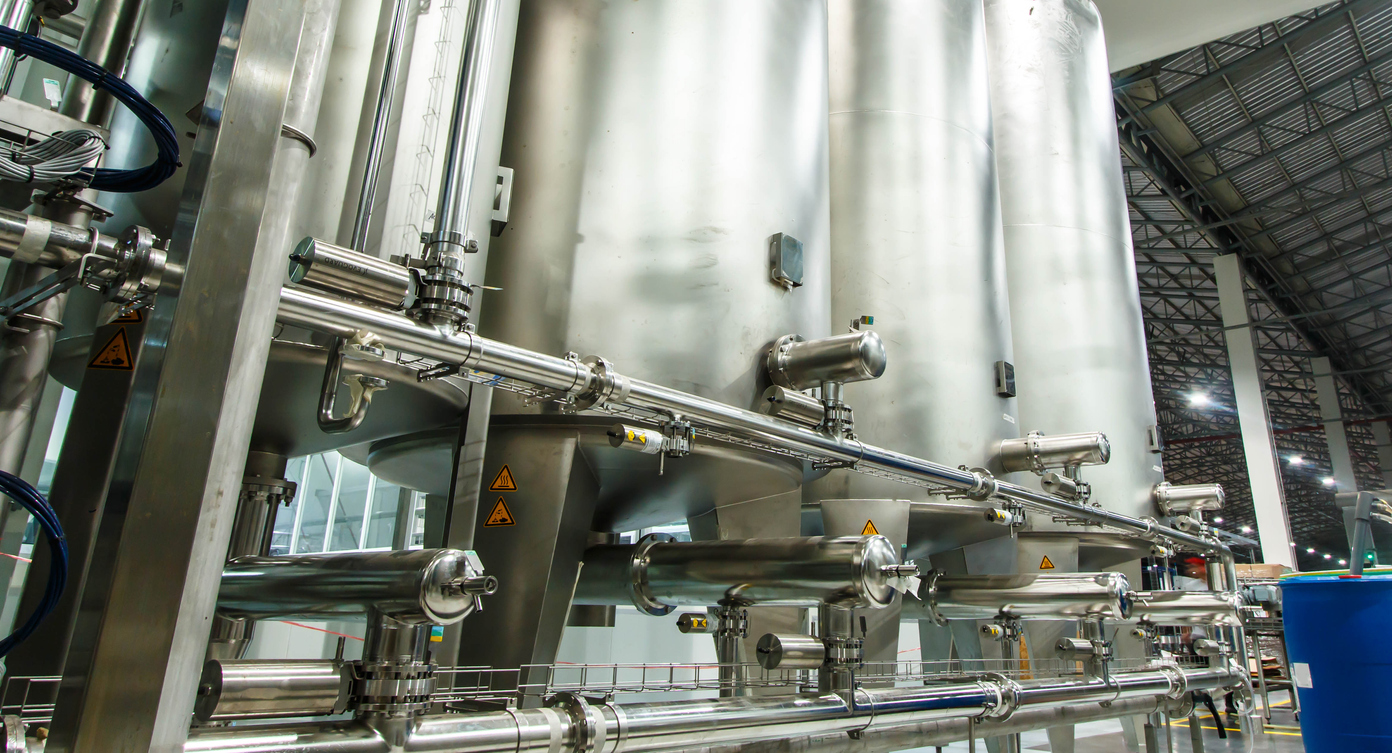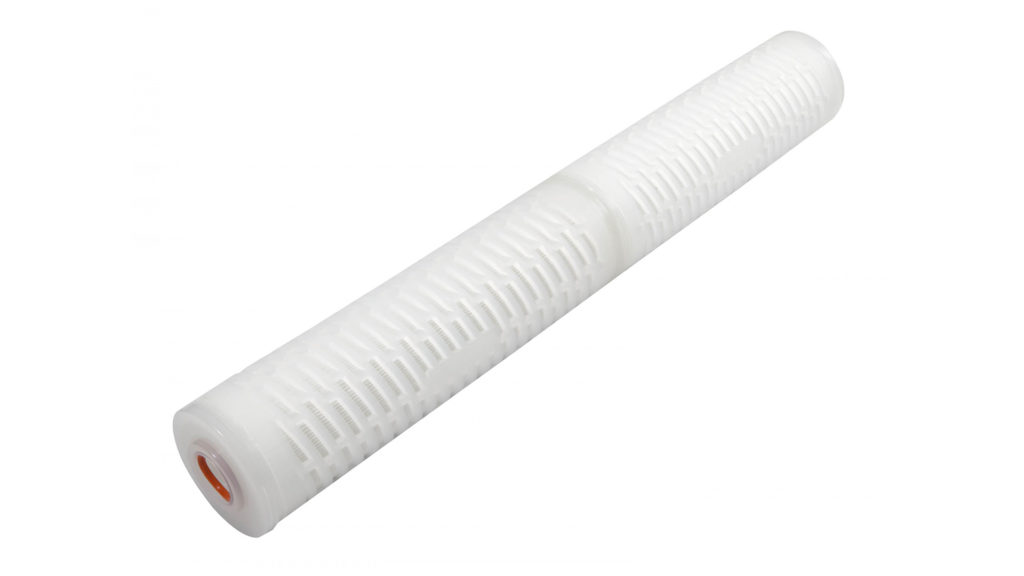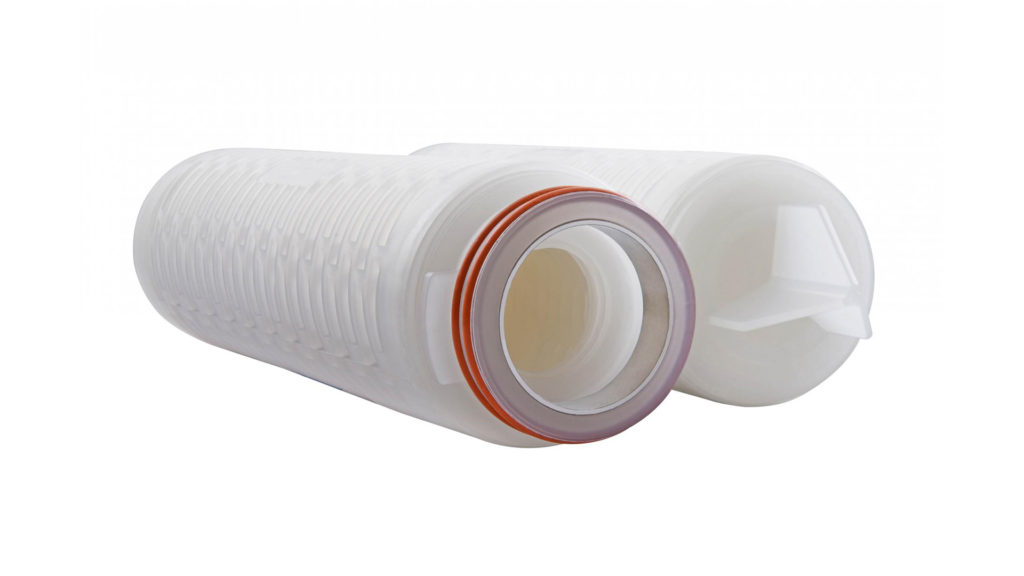
Tank Vent Filters
Tank vent filters play a critical role in many processes that have liquids involved in them. They protect liquids that are being pumped in and out of the storage tanks from particle and microbiological contaminants in the air.
Understanding Tank Vent Filtration
Tank vent filtration is a filtration system designed to prevent contaminants from entering liquid storage or processing tanks used in many industries such as beverages or pharmaceuticals. It involves the use of specialized filters installed on tank vents to capture and remove airborne impurities, such as dust particles, bacteria, and volatile organic compounds (VOCs), that could compromise the quality and safety of the products, ingredients, or water in the tank. Tank vent filters must be properly sized to not hinder airflow, in order to maintain pressure equilibrium and prevent storage tank damage.
Importance of Tank Vent Filters
- Preserving Products Quality: Airborne contaminants such as dust, bacteria, and VOCs can adversely affect the quality of products by introducing unwanted tastes, odors, or impurities. Tank vent filters act as a barrier ensuring only clean air enters storage tanks.
- Maintaining Product Consistency: This is crucial across industries for example you want beverages to taste the same and pharmaceuticals to perform the same. Tank vent filters can minimize variations in products resulting in a reliable and satisfying customer experience.
- Compliance with Regulations: Many industries are subject to strict regulatory requirements and quality standards. Tank vent filters help production meet these requirements set by regulatory authorities.
Benefits of Tank Filters
- Enhanced Safety: With a reduced risk of bacteria and VOCs, consumers can trust that the product they are using is safe and the plant can trust it will meet regulations
- Extended Shelf Life: By preventing contamination it helps prolong the shelf life of products, preserving freshness and ensuring quality over time.
- Reduced Production and Equipment Costs: Airborne contamination can lead to costly product recalls and can also damage downstream equipment. Without vents, product storage/process tanks would implode or explode due to pressure changes.
Key Tank Vent Filter Requirments
- Particle and Microorganism Removal: Tank vent filters should effectively capture and remove dust, airborne debris, bacteria, viruses, and volatile organic compounds. High particle and high microbial filtration efficiencies are key to preventing the contamination of products.
- Airflow Capacity: Need to have a sufficient airflow capacity to meet required ventilation and airflow rates for tanks. Ensure it does not cause excessive pressure drops or flow restrictions as either could damage storage/processing tanks.
- Longevity and Durability: Should have a long service life and be resistant to wear and tear. The filters should be able to withstand environmental conditions and maintain their filtration efficiency over an extended period without frequent replacements.
- Compliance with Regulations: Must meet regulatory requirements and standards set by relevant authorities, such as the Food and Drug Administration (FDA) or other local regulatory bodies. Ensure that the selected filters comply with these regulations to ensure the safety and quality of products.
- Compatibility with Existing Systems: Tank vent filters should be compatible with the existing ventilation systems and tank designs used in the production facility. Consider the compatibility aspects to ensure seamless integration and proper functioning of the filtration system.
Recommended Tank Vent Filters
Global Filter recommends two different types of membrane filters for tank vent filtration.

Polysulfone Membrane Filters
Global Filter recommends using our PSH-Series at 0.02 microns. We have multiple lengths and configurations to fit into your existing system.

PTFE Membrane Filters
Global Filter recommends using our PPTFE-Series at 0.2 microns. Fully validated for sterilization and offered in multiple configurations.



